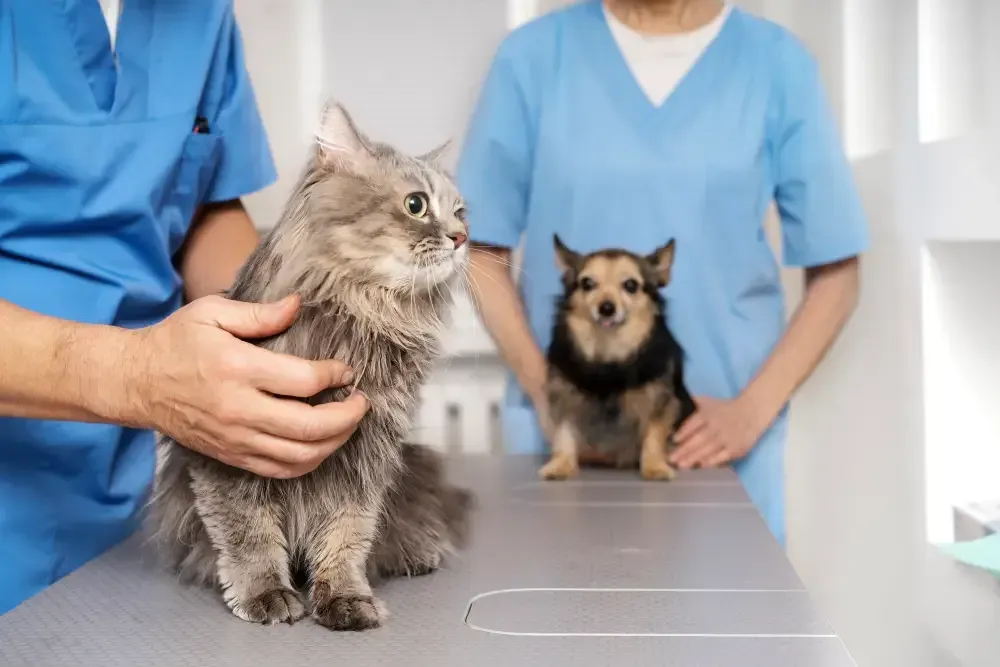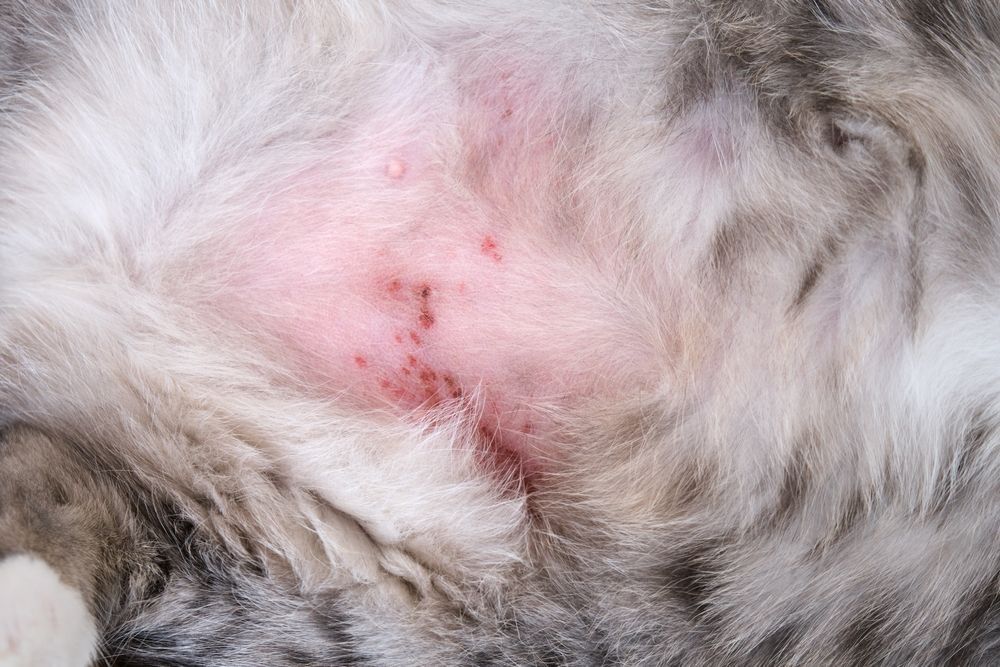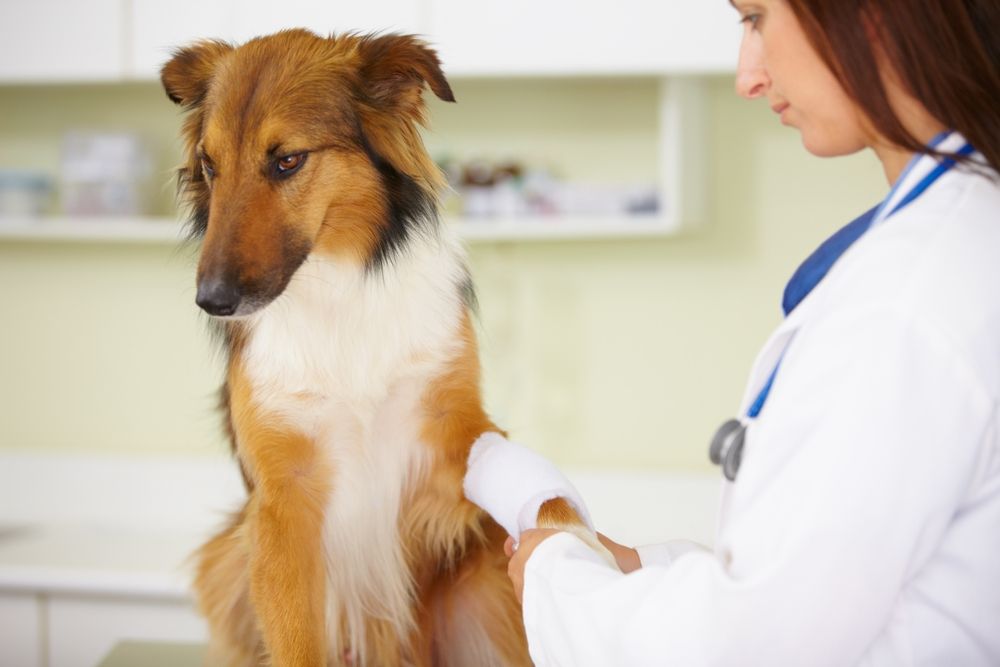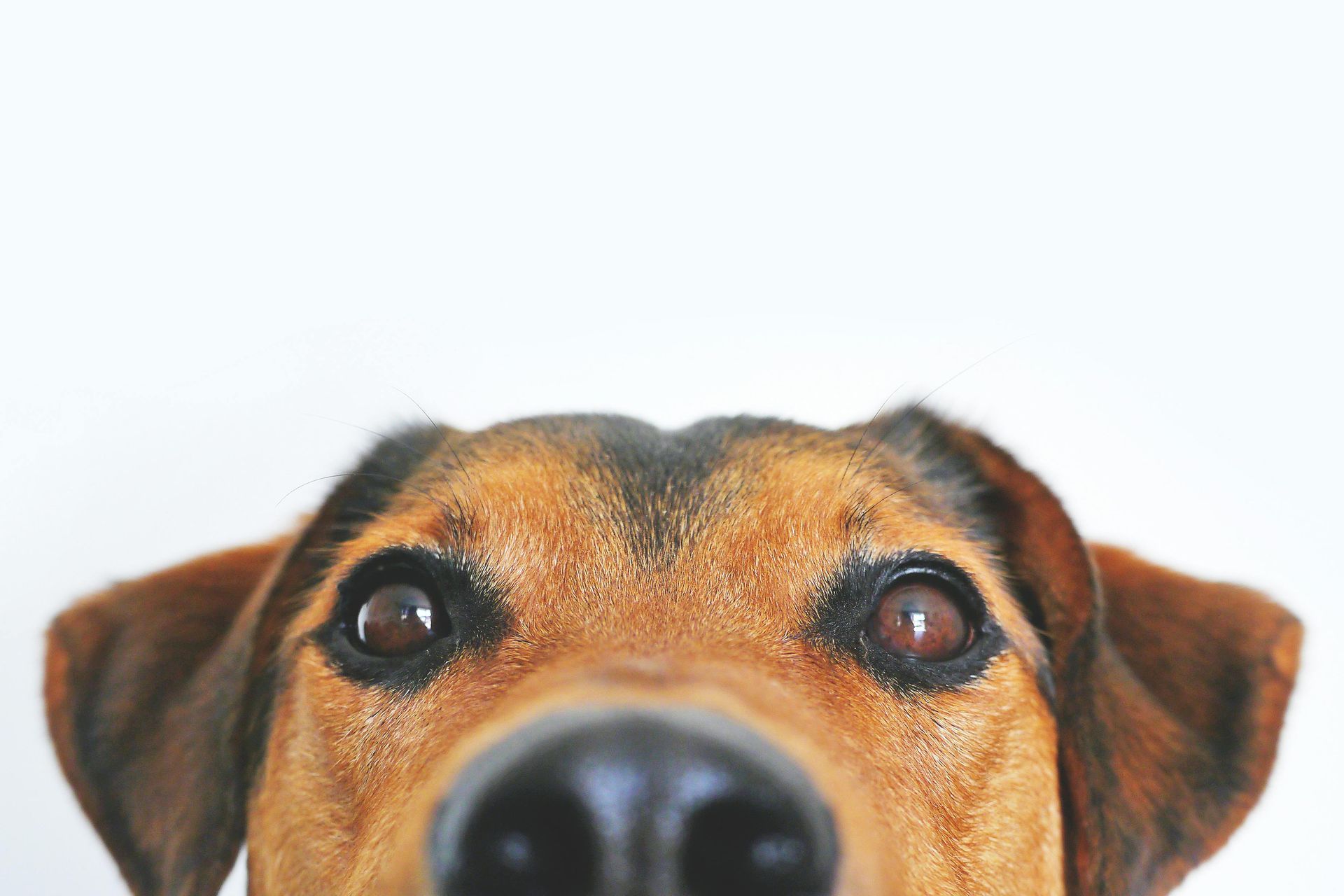What Is Involved in Routine Pet Exams at the Vet?
Routine pet exams play a crucial role in keeping your pet healthy and happy. These regular check-ups allow the vet to discover any potential health issues early on and provide the necessary treatment. These exams ensure our pets have a good quality of life. But what exactly happens during these routine exams when you decide to visit a "vet near me"? Find out what you and your pet can expect during a routine visit.
Physical Exam
During a routine pet exam, the vet will start by doing a physical exam of your pet. They record their weight, temperature, pulse rate, and respiratory rate. Monitoring these vital signs helps determine your pet's overall health and identify any abnormal variations.
The vet will also carefully examine them from head to tail, looking for any visible signs of illness or abnormalities. The vet will also check the eyes, ears, nose, and mouth. This exam helps them to know if everything is normal. This process also involves gently feeling your pet's body to identify any lumps or bumps. They will check the lymph nodes, abdomen, and joints for any signs of pain, discomfort, or swelling.
Vaccinations
Routine pet exams are an opportune time for ensuring your pet's vaccinations are current. The veterinarian will review your pet's medical records and offer any necessary vaccinations. Vaccinations protect your pet against diseases and benefit their overall well-being.
Parasite Prevention
Parasites such as fleas, ticks, and worms can be harmful to your pet's health. During the routine exam, the veterinarian will discuss parasite prevention and how to keep them in check. They may recommend topical or oral medications to keep your pet protected from fleas, ticks, or worms.
Lab Tests
Sometimes, routine exams require lab tests to get a clearer understanding of your pet's health. These tests may include blood tests to help measure your pet's organ function and detect any underlying medical conditions. These tests can also monitor the effectiveness of current treatments. For example, a urinalysis provides valuable information about your pet's kidney function, possible urinary tract infections, or other urinary system issues.
Dental Evaluation
Maintaining good oral hygiene is also important for your pet's overall health. During the routine exam, the vet will check your pet's dental health, looking for signs of gum disease, tooth decay, or other dental issues. They may recommend dental cleaning or further treatment if necessary.
Nutrition
The veterinarian will discuss your pet's nutrition and lifestyle during the routine exam. They may suggest dietary changes based on your pet's age, breed, and any health concerns. They can also provide guidance on exercise, behavior, and activities to ensure your pet has a well-balanced and fulfilling life.
Get Routine Care for Your Pet Through a Trusted Vet Near Me in Jacksonville, FL
Routine exams also provide an opportunity for pet owners to discuss any concerns they may have about their pets. Whether it's a change in behavior, appetite, or any other unusual symptoms, our veterinarian at Normandy Animal Hospital will address these concerns and provide guidance.
By prioritizing regular visits to the vet, pet owners can take proactive steps toward making sure their pets live a full and healthy life. Don't hesitate to make us your trusted "vet near me"—schedule your pet's next routine exam at Normandy Animal Hospital to provide your furry friend the care they deserve. Call us today at (904) 786-5282 for more information.












